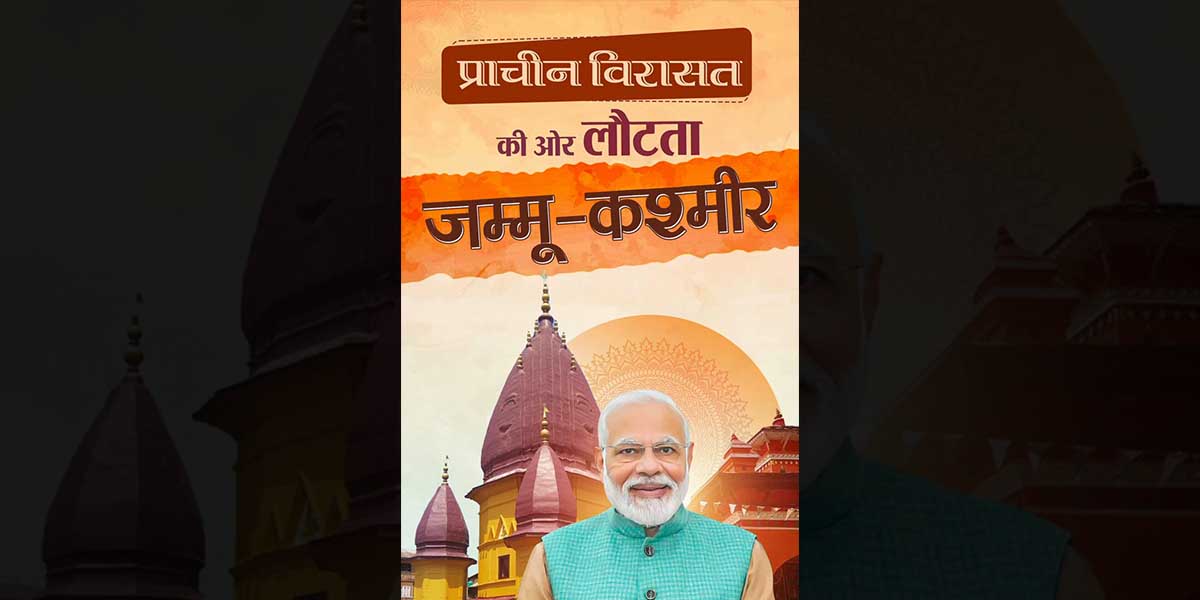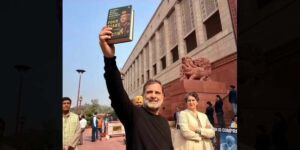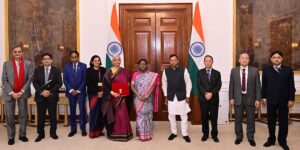Delimitation of state assembly constituencies executed for the Union Territory of Jammu and Kashmir dealt a severe blow to Bharatiya Janata Party’s Akhand Bharat perspective through skewed voter dynamics, erstwhile state’s incremental geo-political representation. Senior BJP leader, Mahendra Jain says, “New assembly constituencies were carved out prematurely using antiquated 2011 census data assessing population figures arriving at a faulty delimitation process.” Jain insists the delimitation exercise was flawed over outdated data relied upon to incrementally create 43 assembly constituencies (in Jammu) and 46 in Kashmir. Effectively hereon, portions of Jammu region (Pir Panjal) encompassing Poonch and Rajouri districts got partitioned away to political space now Anantnag seat in Kashmir occupies. Shia-dominated regions from Srinagar Parliamentary constituency were also given away to Baramulla constituency similarly, using 20-year-old statistics. The recent Lok Sabha elections from Baramulla saw independent candidate Abdul Rasheed Sheikh, currently incarcerated for espousing separatism for Kashmir, being elected to parliament as an independent candidate. An election department official says, “Census taking exercise in large states like Maharashtra can simply be accomplished within six months. J&K and Ladakh UTs’ census exercises will require far shorter timelines.” While the delimitation commission set up in March 2020 looked at the entire J&K UT as one political region, a more discriminated effort, armed with real time data may have prevented Jammu region shedding literal political space. The recent uptick in unheard of terrorism activity in Jammu region over the last couple of months has further antagonized the polity of the region. Will Jammu recover from back-to-back onslaughts by politics and new found terrorism? Only time will tell! For the moment innocent pilgrims are prime targets in Bharat’s paradise.

 Politics
Politics Business
Business Entertainment
Entertainment Sports
Sports Celebrities
Celebrities





